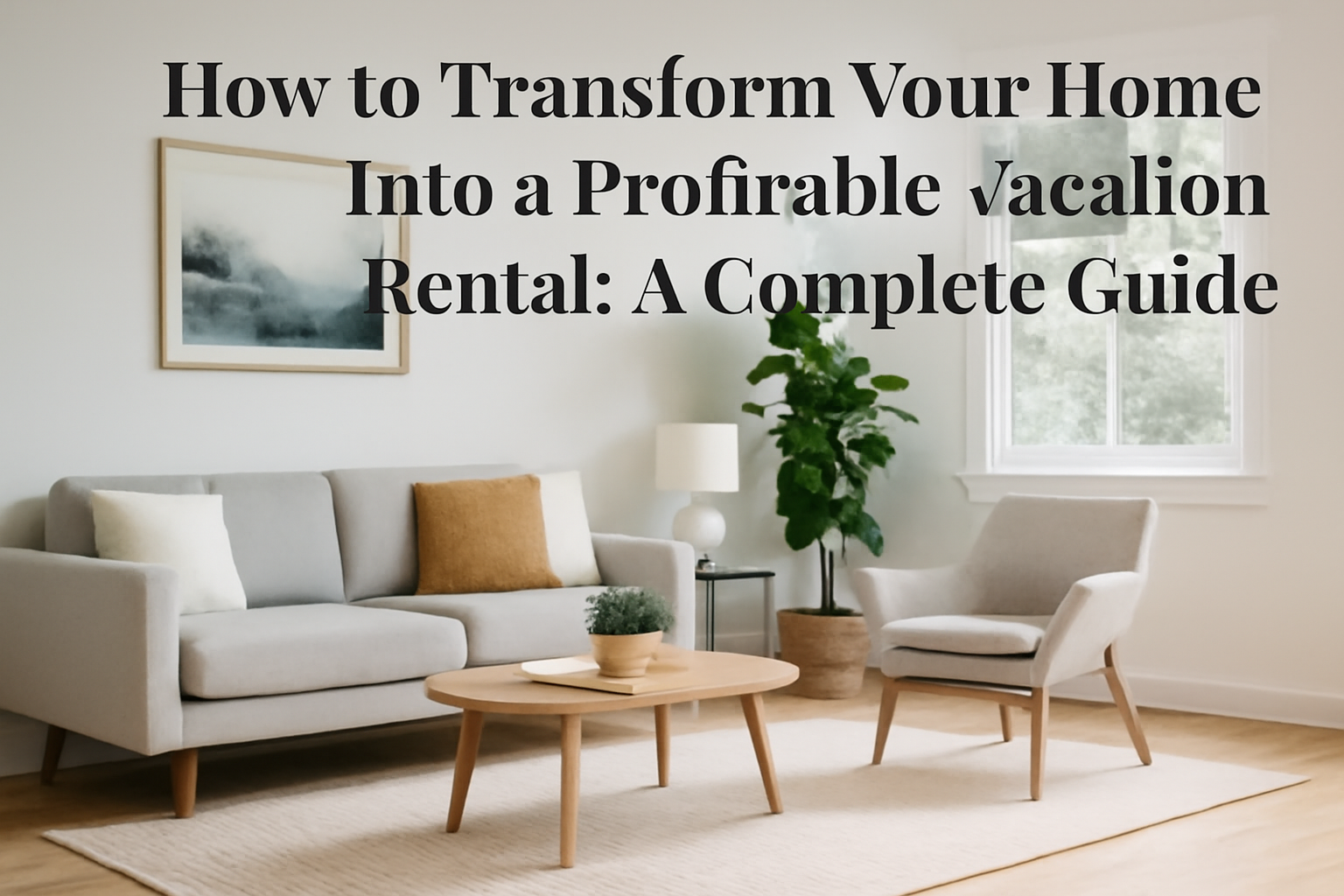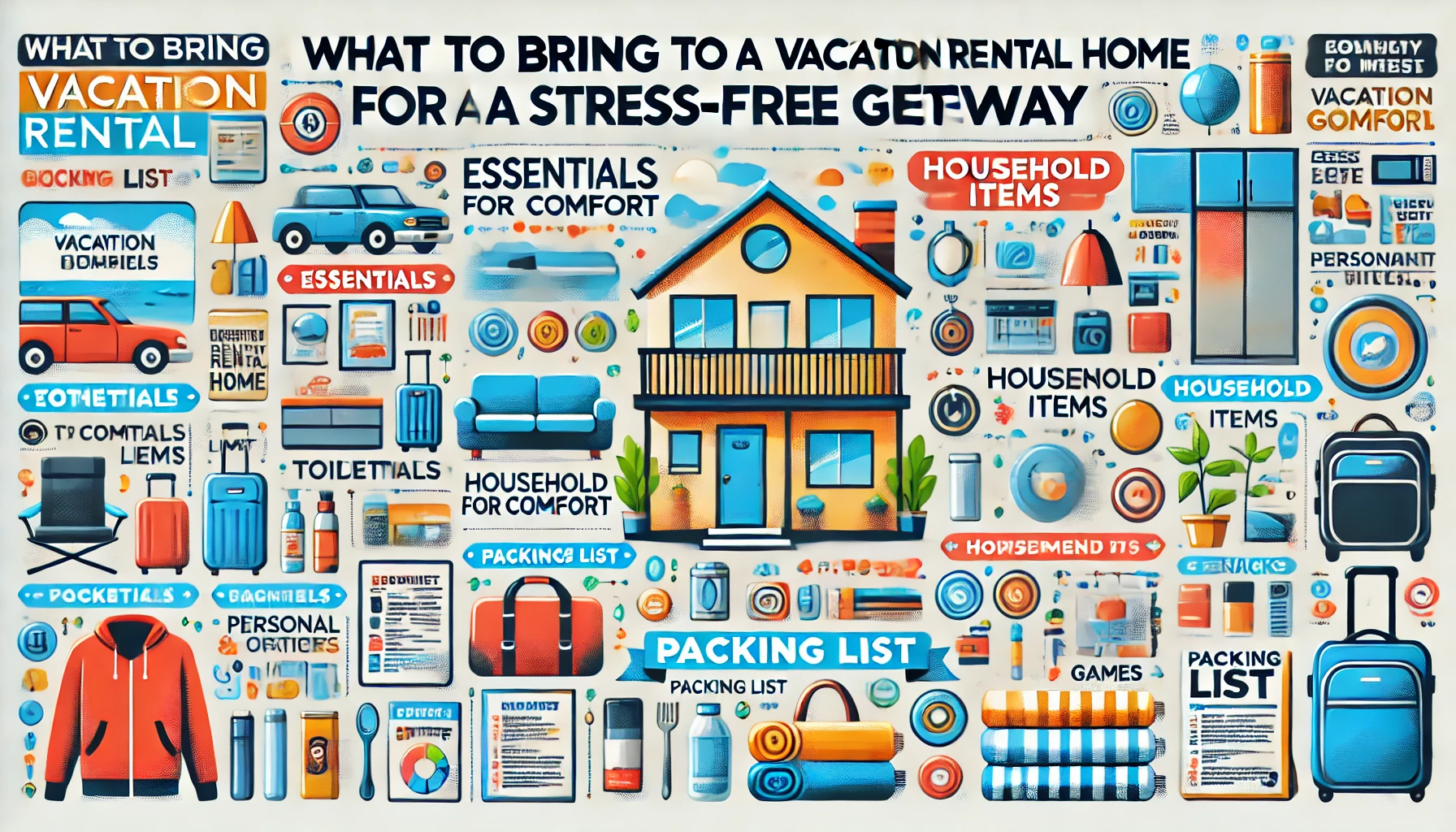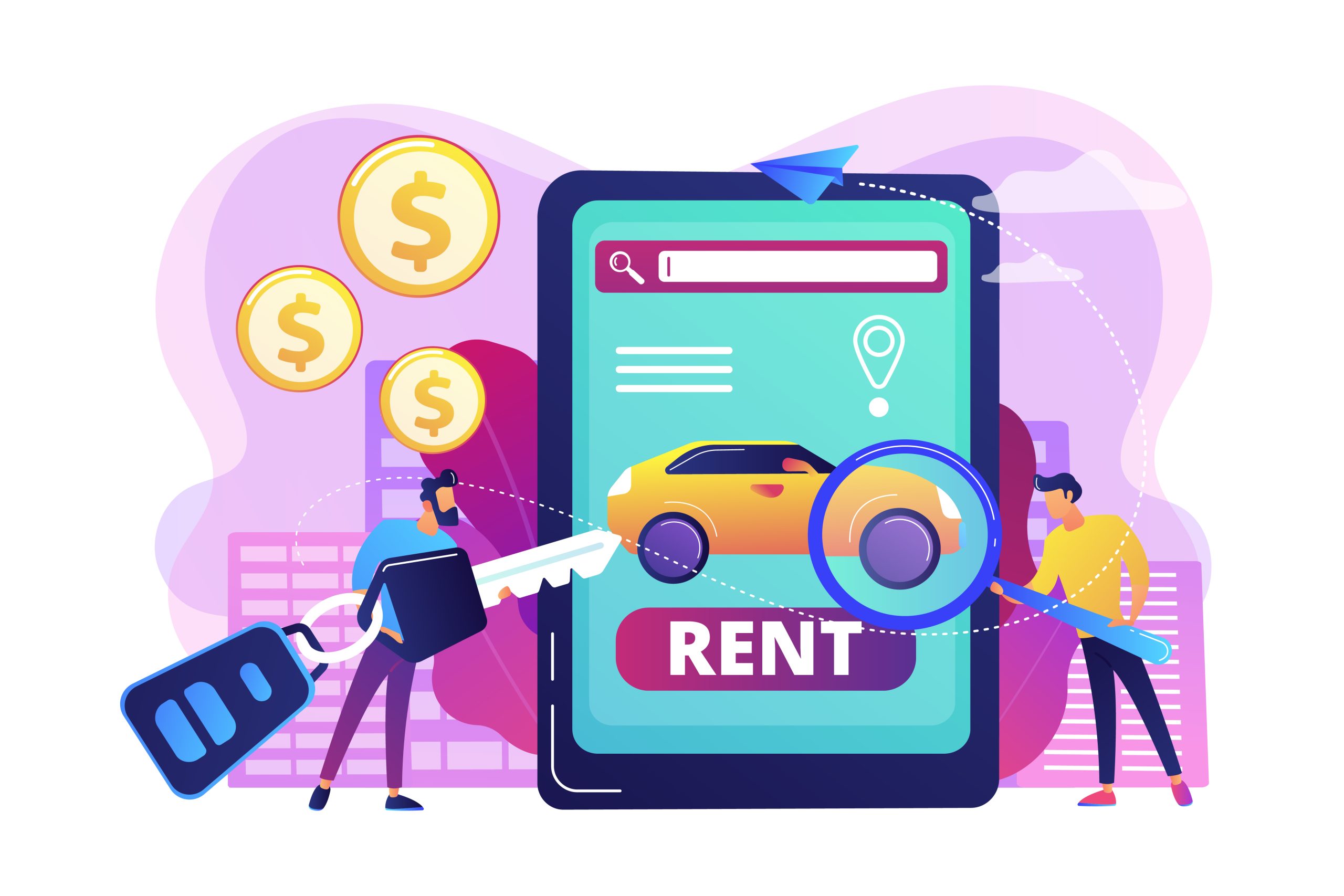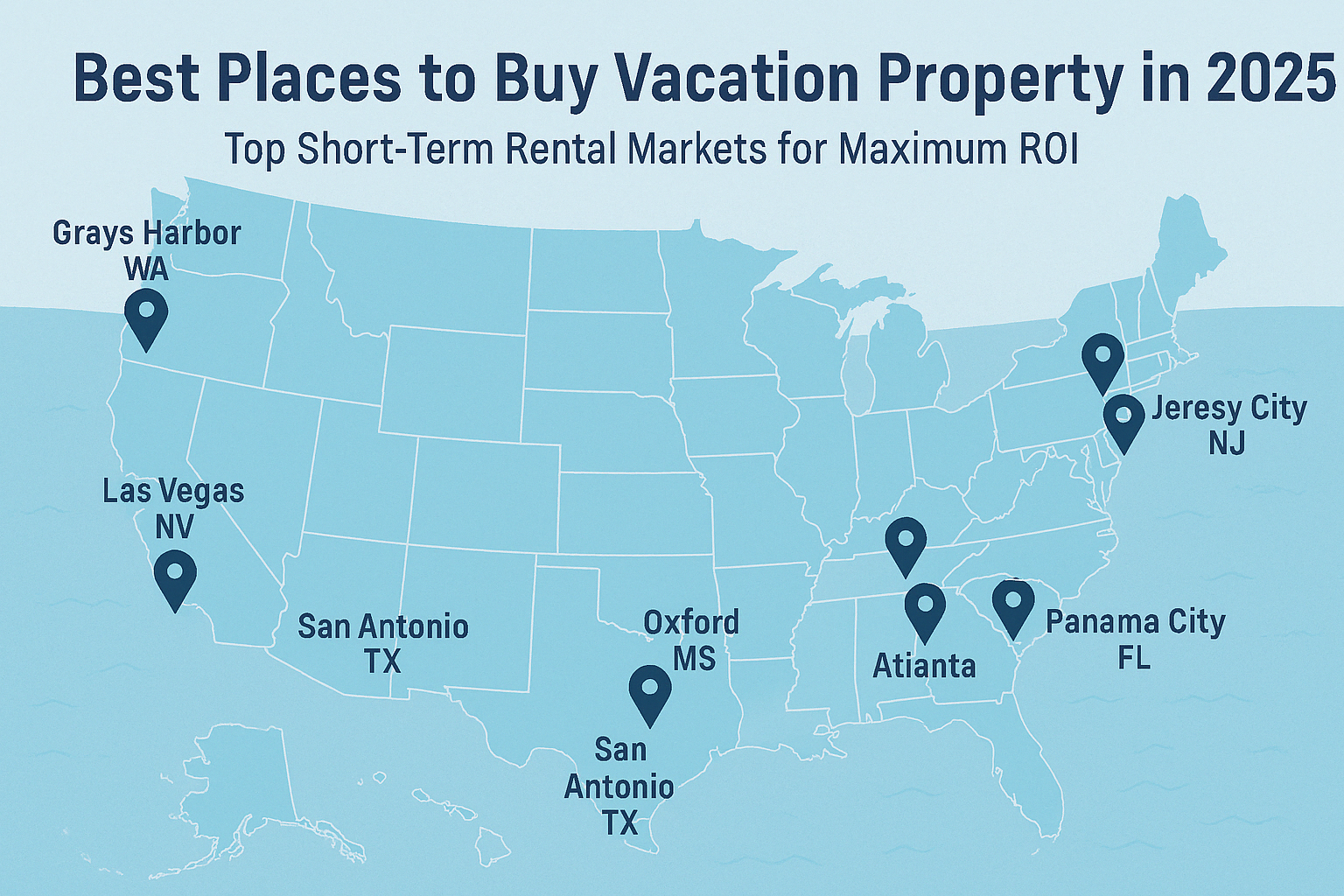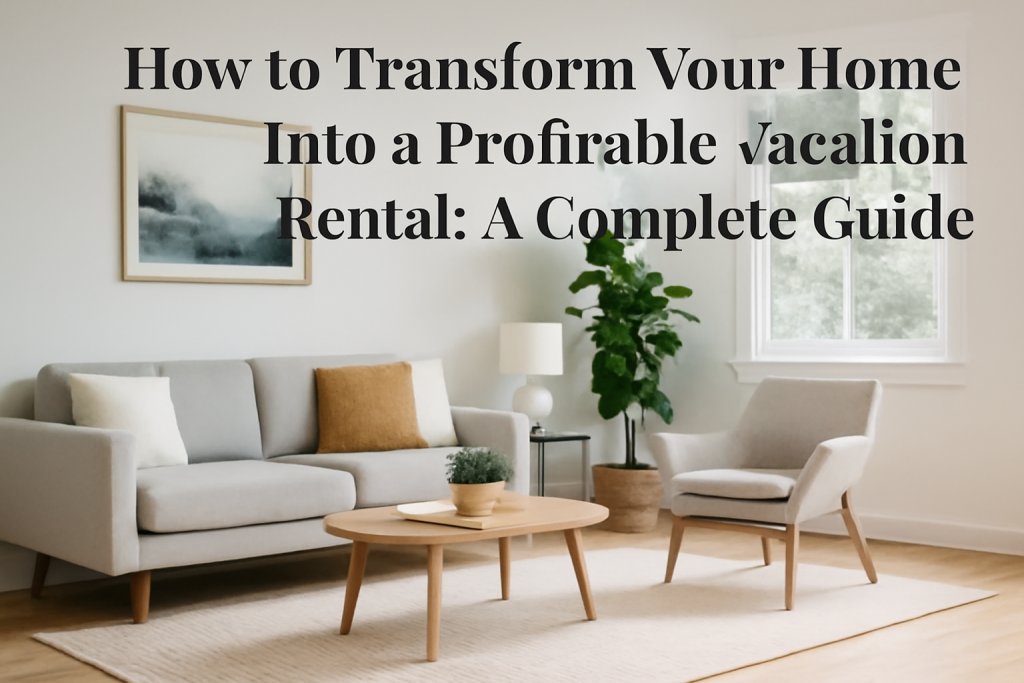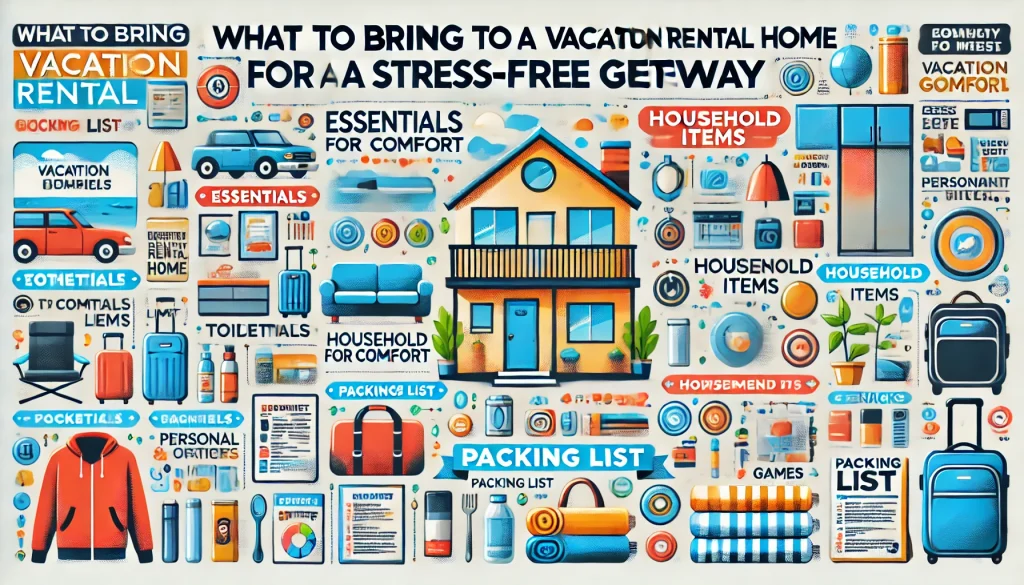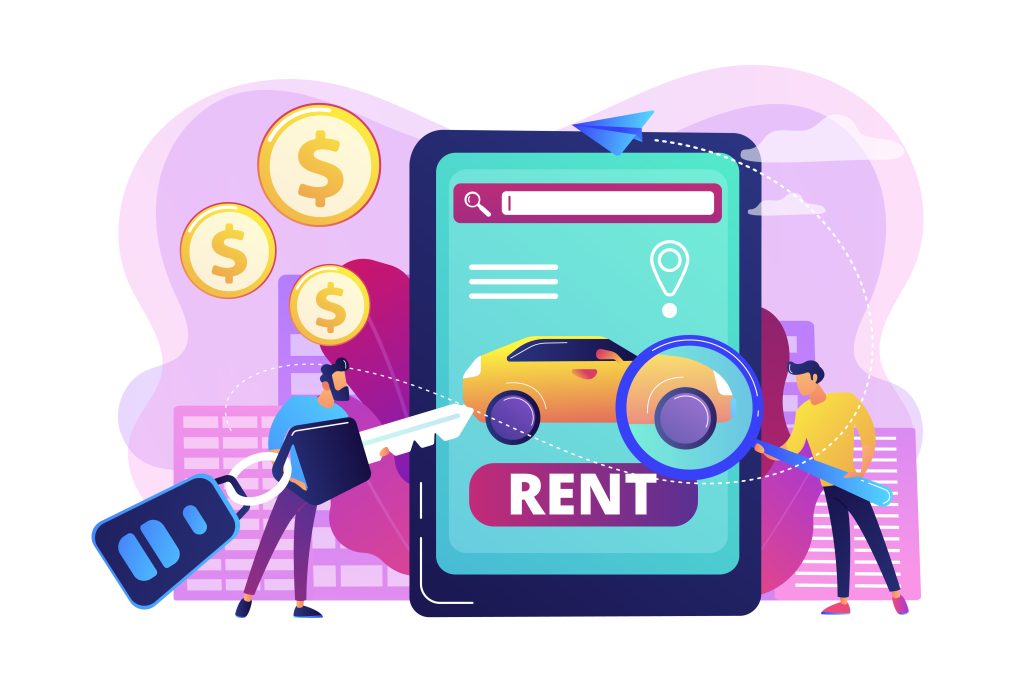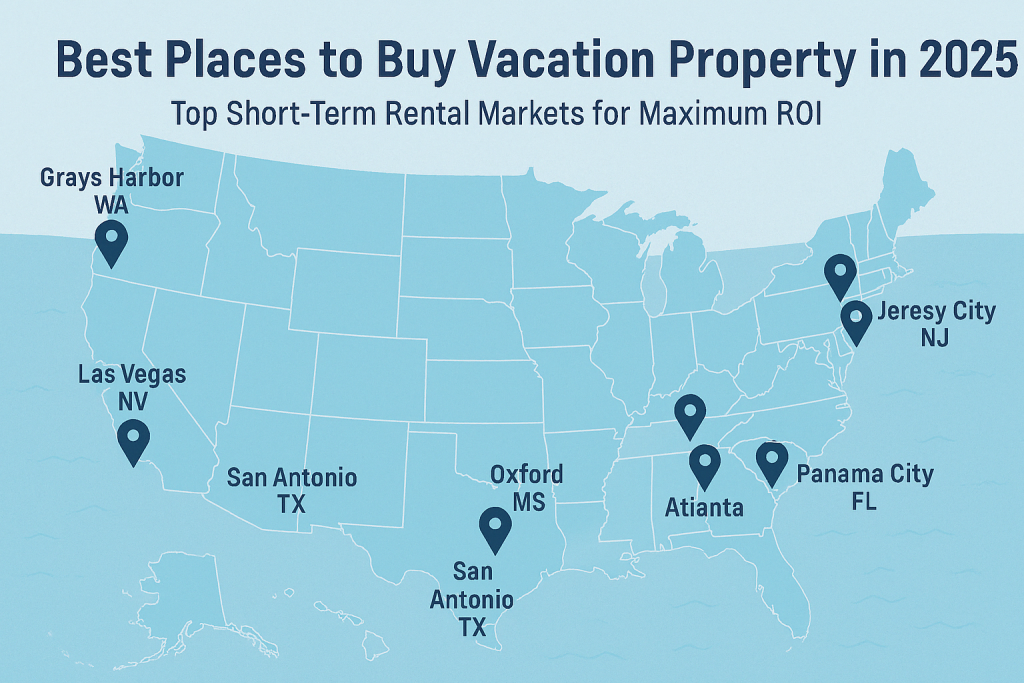Have you ever wondered if turning your long-term rental property into an Airbnb is worth it? With the rise of short-term rental platforms like Airbnb and VRBO, many property owners are seeing significant potential for increased income.
In this guide, we’ll cover everything you need to know about converting your rental property into an Airbnb, including key benefits, challenges, and actionable steps to help you decide if this investment strategy is right for you.
Table of contents

What Is an Airbnb Conversion?
Converting your rental property into an Airbnb means transitioning from a traditional long-term lease to hosting short-term guests. This shift can lead to higher income but also comes with additional responsibilities and costs.
Key Points to Consider:
- Furnishing: You’ll need to fully furnish the property to meet short-term guest expectations.
- Guest Communication: Handling guest inquiries, reviews, and check-in/out processes.
- Local Regulations: Ensuring compliance with short-term rental laws and zoning rules.
If you’re unsure where to begin, this article offers a deeper look into assessing the feasibility of short-term rentals.
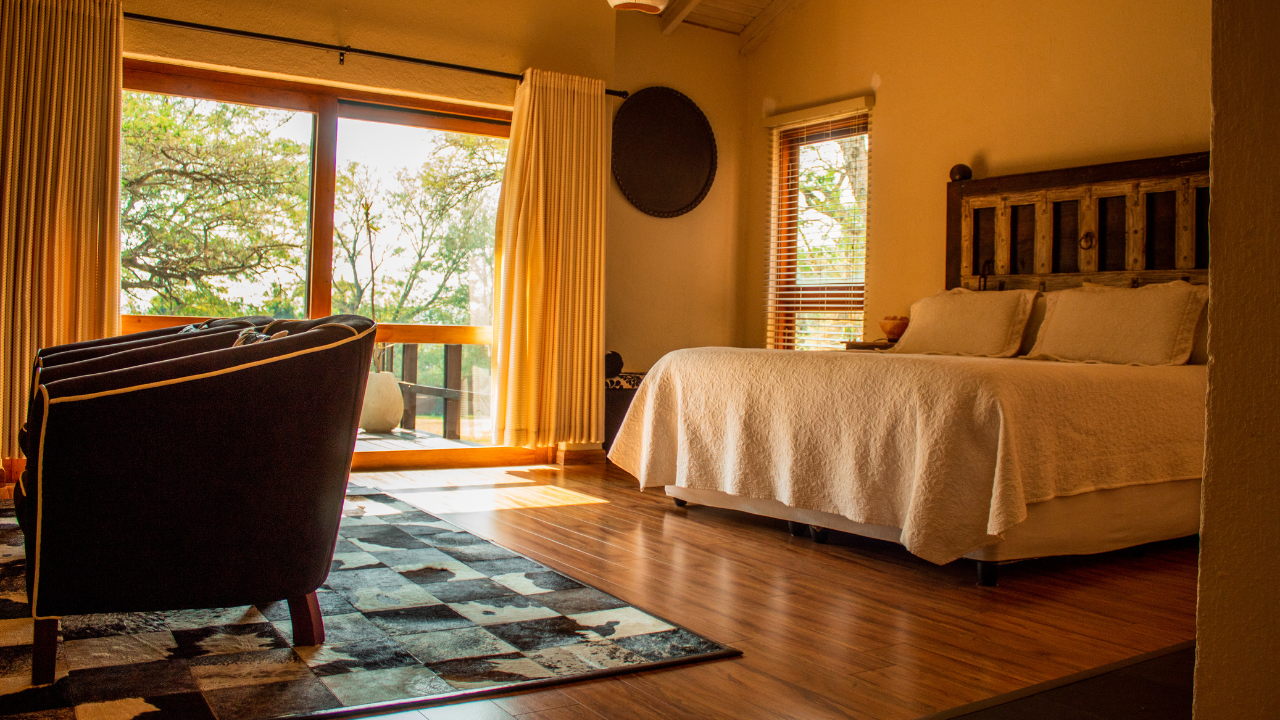
Top 5 Benefits of Converting to an Airbnb
1. Increased Income Potential
Short-term rentals typically generate higher revenue than long-term leases.
For example, a four-bedroom home near Denver, Colorado, achieved 122% more cash flow as a short-term rental. If your property can boost its net operating income (NOI) by 20% or more, converting to an Airbnb could prove highly profitable.
2. Flexibility for Personal Use
Unlike long-term rentals, short-term rentals let you block off dates for personal use—perfect for vacation homes or properties you want to enjoy yourself.
3. Better Property Maintenance
Your property is cleaned and inspected regularly between guest stays, allowing early detection of maintenance issues. This can save you money on costly long-term repairs.
4. Greater Control Over Occupants
Platforms like Airbnb allow you to:
- Screen guests through reviews and profiles.
- Set age or group requirements.
- Decline bookings that don’t meet your criteria.
5. Tax Advantages
Short-term rentals can unlock significant tax deductions for:
- Furniture and decor
- Utilities and services (e.g., Wi-Fi, electricity)
- Cleaning and maintenance costs
Pro Tip: Consult with a tax professional to maximize your deductions and ensure compliance.
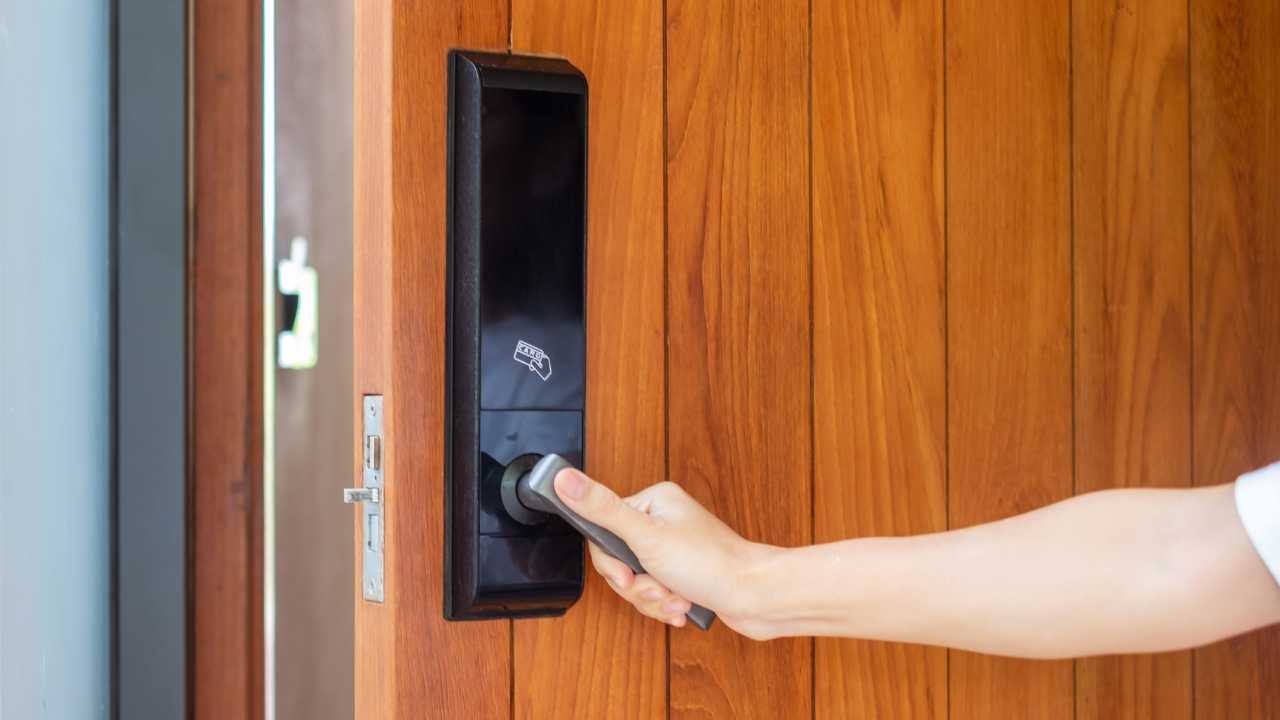
How to Successfully Convert Your Property to an Airbnb
Step 1: Verify Local Laws and Regulations
Start by checking whether short-term rentals are legal in your area. Many cities require permits or restrict the number of days you can rent annually. Some even mandate that the property be a primary residence.
Step 2: Calculate Your Expenses
Short-term rentals come with additional costs:
- Utilities (e.g., water, internet, electricity)
- Furnishings and decor
- Cleaning and turnover services
- Property management fees (if applicable)
Make sure your projected income comfortably exceeds these expenses to remain profitable.
Step 3: Furnish and Optimize Your Property
High-quality furnishings and amenities will set your property apart. Focus on:
- Comfortable Beds: Invest in top-notch mattresses and bedding.
- Amenities: Offer a fully stocked kitchen, fast Wi-Fi, and streaming services.
- Stylish Decor: Create a warm, inviting space for guests.
Step 4: Automate and Manage
Simplify operations with tools like Guesty or TurnoverBNB to automate tasks such as:
- Guest communication
- Booking management
- Cleaning schedules
If you prefer a hands-off approach, hire a professional property manager to handle day-to-day tasks.
FAQs About Airbnb Conversions
Q: How much can I expect to make with an Airbnb?
A: Earnings vary based on location, property size, and amenities. Many owners see a 50%-100% increase in income compared to long-term rentals. Use tools like AirDNA to estimate your potential revenue.
Q: Is managing an Airbnb time-intensive?
A: Managing an Airbnb requires more effort upfront compared to long-term rentals. However, with automation tools or property managers, you can streamline operations.
Q: What if my Airbnb doesn’t perform well?
A: If your Airbnb doesn’t meet expectations, you can easily switch back to a long-term rental or explore selling the property. Having a backup plan reduces financial risk.
Conclusion
Now you know the essentials of converting your rental property into an Airbnb—from increased income potential and tax benefits to practical tips for success. By considering your local laws, projected costs, and time commitment, you can decide if this investment strategy aligns with your goals.
Ready to explore the Airbnb market? Contact us today for expert guidance on maximizing your property’s short-term rental potential.

